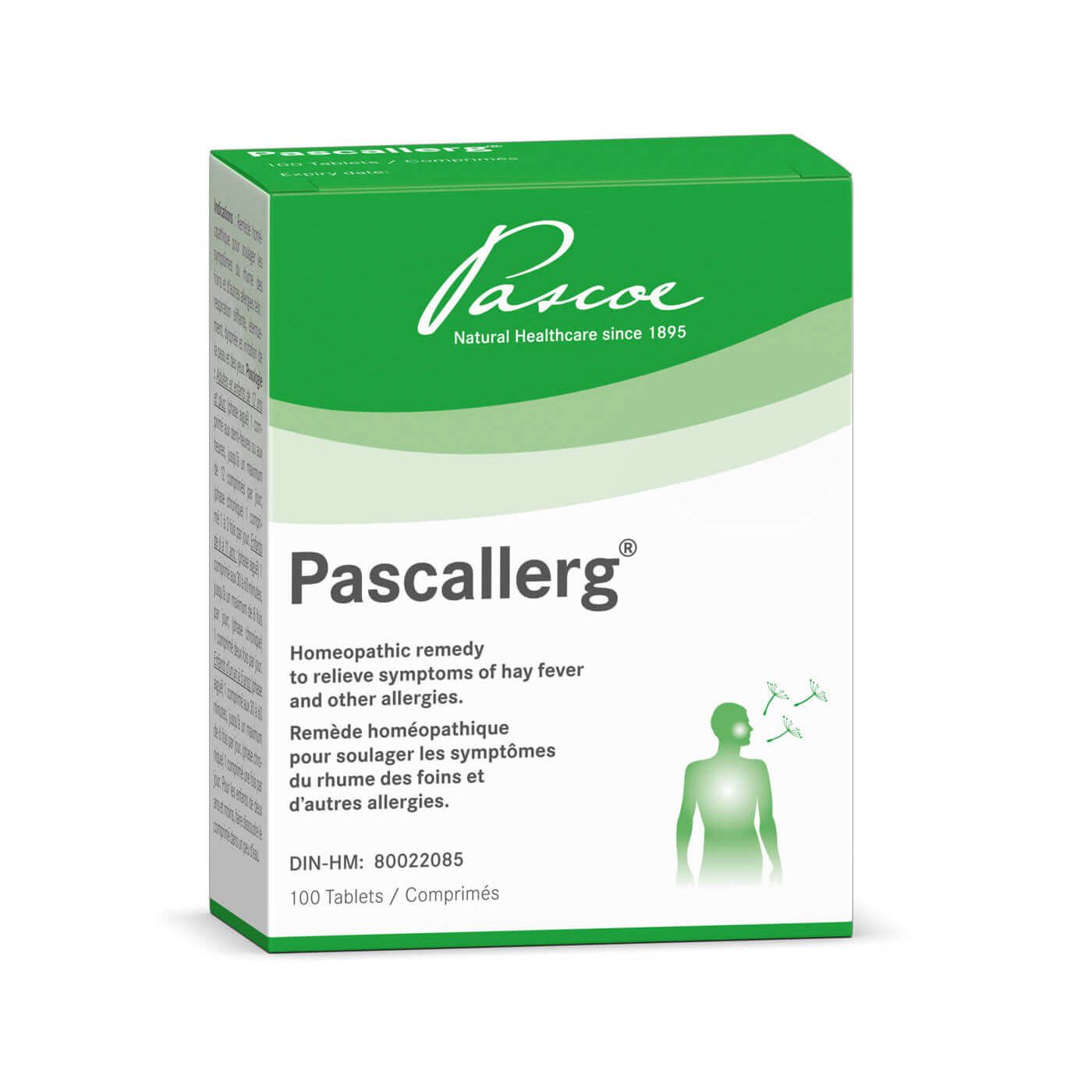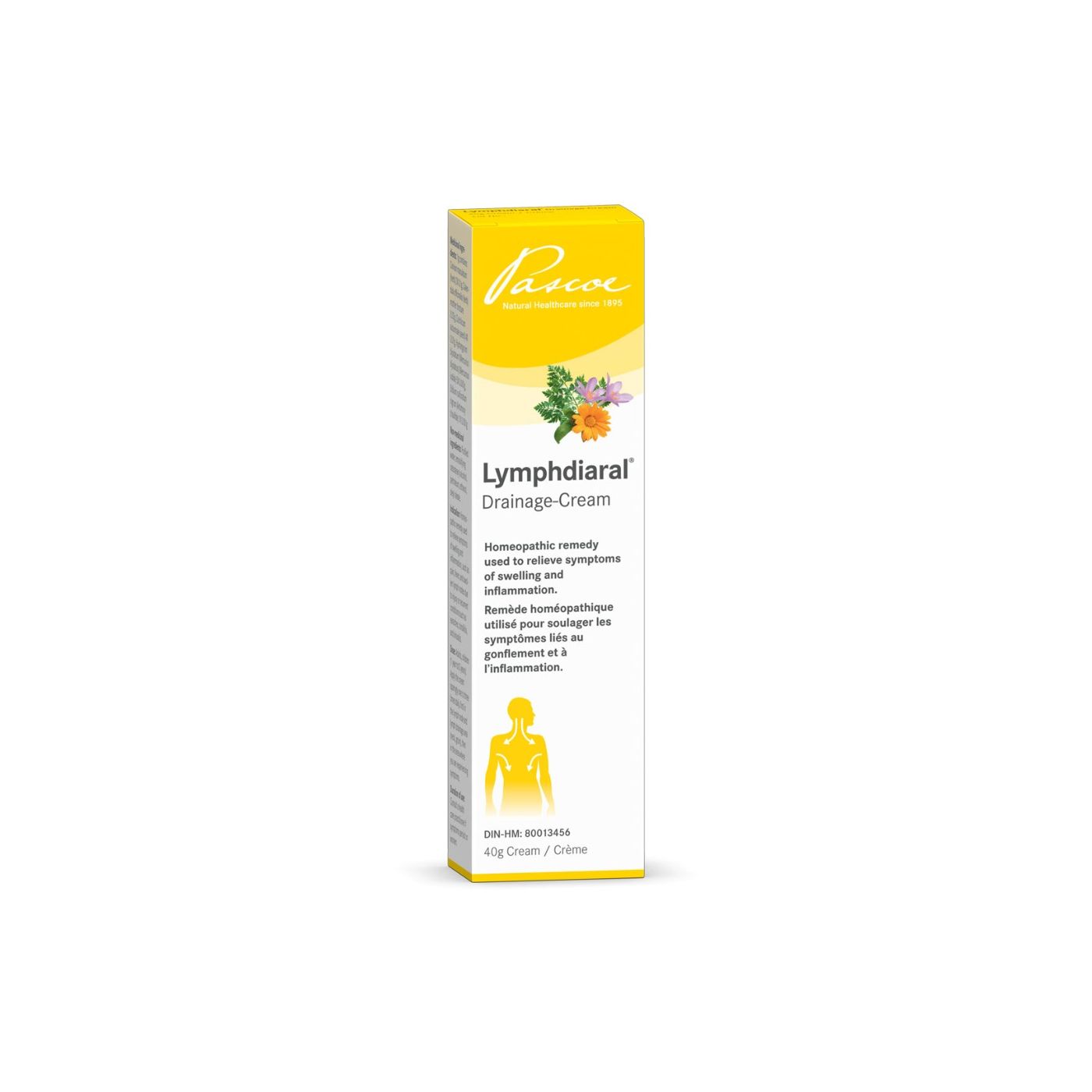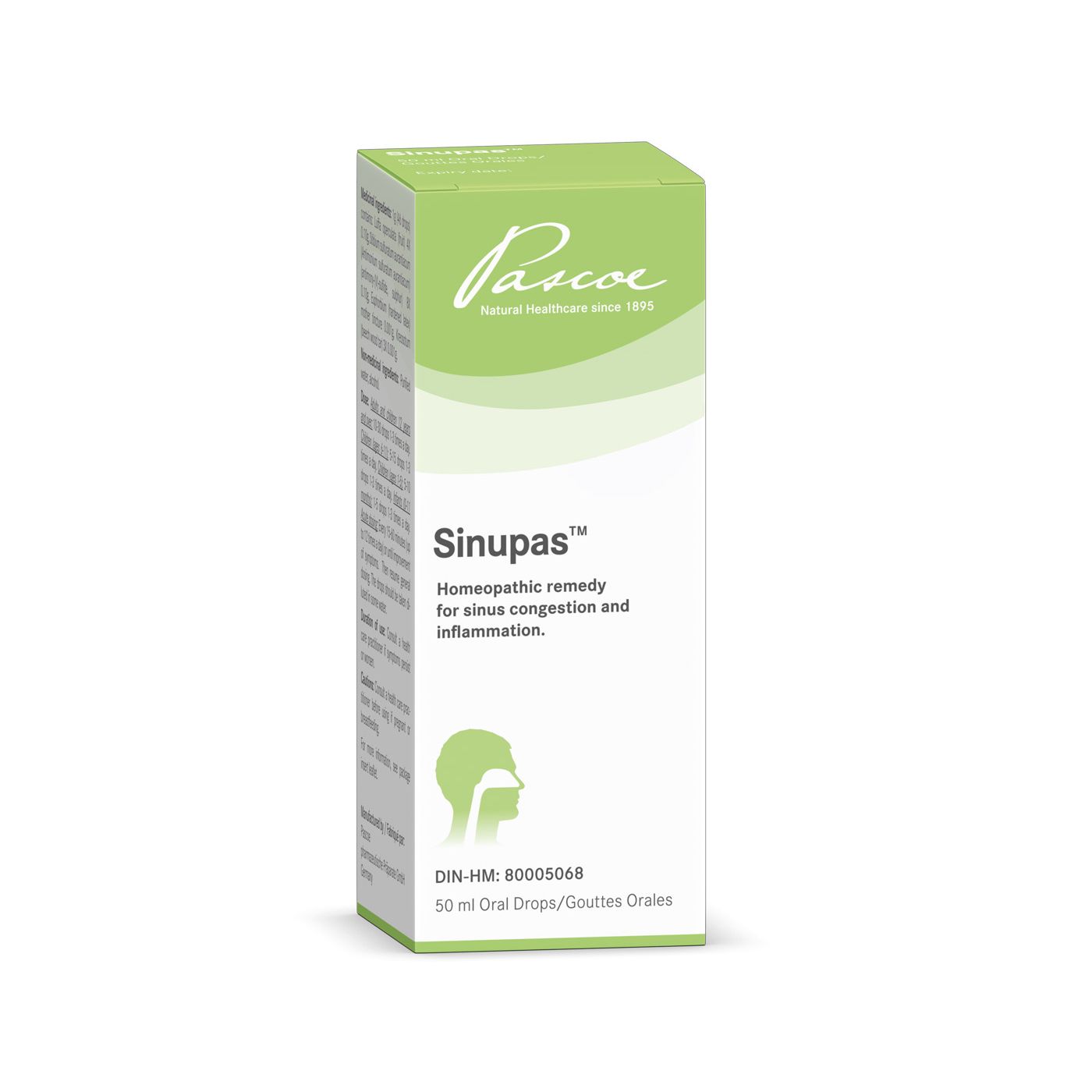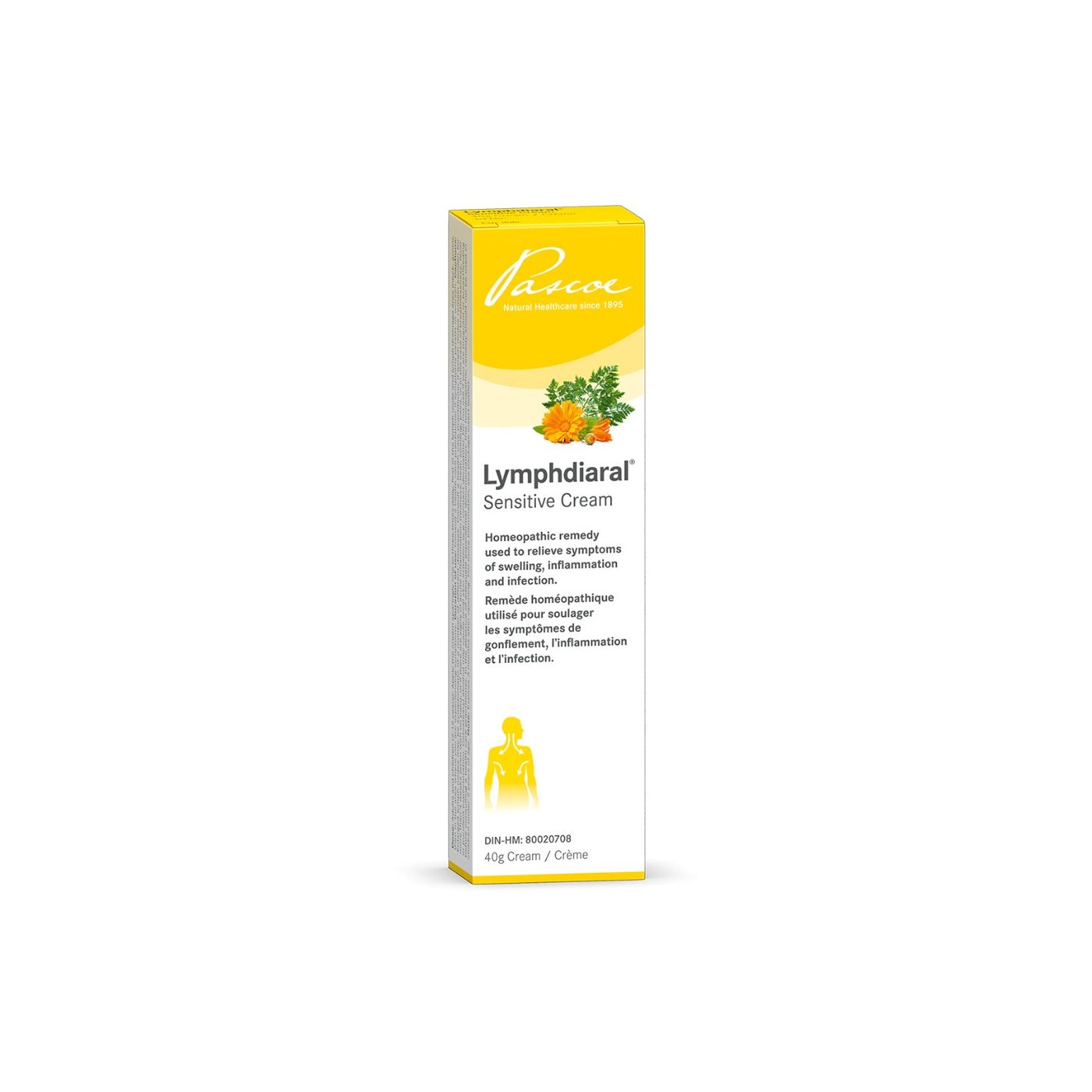Top Tips for Surviving Allergy Season
Allergy season can be a challenging time for many people, with symptoms ranging from sneezing and runny nose to itchy eyes and congestion. These symptoms of seasonal allergies are pesky and disruptive!
Natural Alternatives to Allergy Medications
While there are many over-the-counter and prescription medications that can help alleviate these symptoms, some people prefer to take a more natural approach to managing their allergies. Here are some natural ways to survive allergy season.
- Avoid allergens. The first step to managing allergies naturally is to avoid the allergens triggering your symptoms. If you know you’re allergic to grass pollen, for example, stay indoors and keep windows and doors closed during times of the year when the pollen count is high. If dust and pet dander trigger your allergies, make sure to clean your home frequently and use a vacuum cleaner with a HEPA filter.


- Clean frequently. Allergens such as pollen, dust, and mold can accumulate quickly inside, so it's important to clean frequently to reduce your exposure to them. Make sure to dust and vacuum regularly, wash your bedding and linens in hot water, and use a HEPA air filter to trap airborne allergens.
- Use saline sprays and rinses. Saline nasal sprays and rinses can help flush out allergens and clear your nasal passages, making it easier to breathe. You can use a neti pot or other sinus irrigation devices to rinse your sinuses with a saline solution. It's important to use distilled or sterile water when using a neti pot to avoid the risk of infection.
- Try natural remedies. There are several natural remedies that can help alleviate allergy symptoms. For example, honey has been shown to have antibacterial and anti-inflammatory properties, which can help soothe a sore throat caused by post-nasal drip. Essential oils such as eucalyptus and peppermint may also help alleviate nasal congestion when used in a diffuser or inhaler.
- Boost your immune system. Eating a healthy diet rich in fruits and vegetables, getting enough sleep, and exercising regularly can help boost your immune system and reduce the severity of allergy symptoms. Vitamin C, for example, is an antioxidant that can help reduce inflammation and boost your immune system, while probiotics can help support your gut health and reduce inflammation.
- Stay hydrated. Drinking plenty of fluids helps thin mucus and ease congestion. You can also try drinking herbal teas such as chamomile, ginger, or peppermint tea, which may help relieve allergy symptoms.
- Consider over-the-counter remedies and allergy shots. If natural remedies alone aren't enough to relieve your pollen allergy symptoms, over-the-counter remedies such as antihistamines and decongestants may be helpful. Talk to your doctor or pharmacist before taking any medications, especially if you have other health conditions or take other medications.
Now let's dive into the differences between hay fever and pollen allergy.
Hay Fever vs. Pollen Allergies
Hay fever, also known as allergic rhinitis, is a type of allergic reaction that is triggered by allergens such as pollen, dust mites, animal dander, and mold. When a person with hay fever is exposed to an allergen, their immune system releases histamine and other chemicals, which can cause symptoms such as sneezing, runny nose, congestion, and itchy eyes and throat.
Pollen allergies are also often known as seasonal allergies. This type of allergic reaction specifically occurs in response to pollen from plants such as trees, grasses, and weeds. When a person with pollen allergy inhales tree pollen, for example, their immune system sees it as a threat and releases histamine and other chemicals, causing symptoms similar to those of hay fever.


One key difference between hay fever and pollen allergy is that hay fever can be triggered by a variety of allergens, while pollen allergy specifically refers to a reaction to pollen. Additionally, hay fever can occur year-round, while pollen allergy is typically seasonal and occurs when pollen is most prevalent in the air.
A Natural Way to Reduce Watery Eyes & the Common Cold
Chromium kali sulphuricum is a homeopathic remedy that is sometimes used to help relieve seasonal allergy symptoms, particularly those affecting the respiratory system.
In homeopathy, remedies are chosen based on the principle of "like cures like," which means that a substance that causes symptoms in a healthy person may be used to treat similar symptoms in a sick person, but in a highly diluted form. Chromium kali sulphuricum is made from a combination of chromium, potassium, and sulfur, and is believed to help alleviate symptoms such as coughing, wheezing, and congestion.
Because homeopathic remedies are highly diluted and contain very little, if any, active ingredient, they are generally considered safe but may not be effective for everyone. Always check with a healthcare provider before swapping out your OTC eye drops for something more natural! Side effects may occur.
If you are experiencing seasonal allergies, don’t hesitate to speak with a healthcare provider to determine the best treatment options for your individual needs.
References:
- Anadolpho. “Management and Treatment - Skin and Blood Tests | ACAAI Patient.” ACAAI Public
- “The Common Cold and Complementary Health Approaches: What the Science Says.” NCCIH
- “Hay Fever | Rhinitis Symptoms, Diagnosis, Management & Treatment.” Aaaai.org, 2021
- “Nonallergic Rhinitis - Symptoms and Causes.” Mayo Clinic, 2019
- “Pollen Allergy.” Asthma & Allergy Foundation of America
- “Rhinitis, Nasal Allergy, Hayfever | AAFA.org.” Asthma & Allergy Foundation of America
- “Seasonal Allergies at a Glance.” NCCIH
- US EPA, OAR. “Air Cleaners and Air Filters in the Home.” US EPA, 29 July 2014








